The 2000 war drama film ‘The Patriot’ unfolds against an 18th-century backdrop during the early stages of the American Revolutionary War against the British crown. The protagonist, Benjamin Martin, helms the narrative as a former war hero with a plantation in South Carolina who is weary of the growing war sentiments. However, his oldest son, Gabriel, soon enlists in the Continental Army. As a result, trouble arrives at the Martins’ residence, leading to a grave tragedy in the family. Filled with newfound hatred toward the British, particularly Colonel William Tavington, Benjamin abandons his pacifist ways and leads his own American militia into battle.
Mel Gibson’s protagonist character, Benjamin Martin, and his war stories during the late 1770s remain the narrative nucleus throughout the historical drama. Therefore, as his story invokes numerous well-known touchstone events from American history, it naturally draws the viewers’ curiosity toward the character’s relationship to reality. SPOILERS AHEAD!
Francis Marion: The Primary Inspiration Behind Benjamin Martin
‘The Patriot’ charts a story set in a historical time period that showcases the riveting and tragic war that unfolded between American colonies and the British Army during the fight for the former’s independence. Nevertheless, the film doesn’t actually equip a historical figure from the time as its protagonist. Instead, it mines numerous real-life patriots as inspiration to fictionalize Benjamin Martin’s character. Still, one particular American militia leader, Francis “Swamp Fox” Marion, emerges as an instrumental influence on Gibson’s on-screen Colonel.
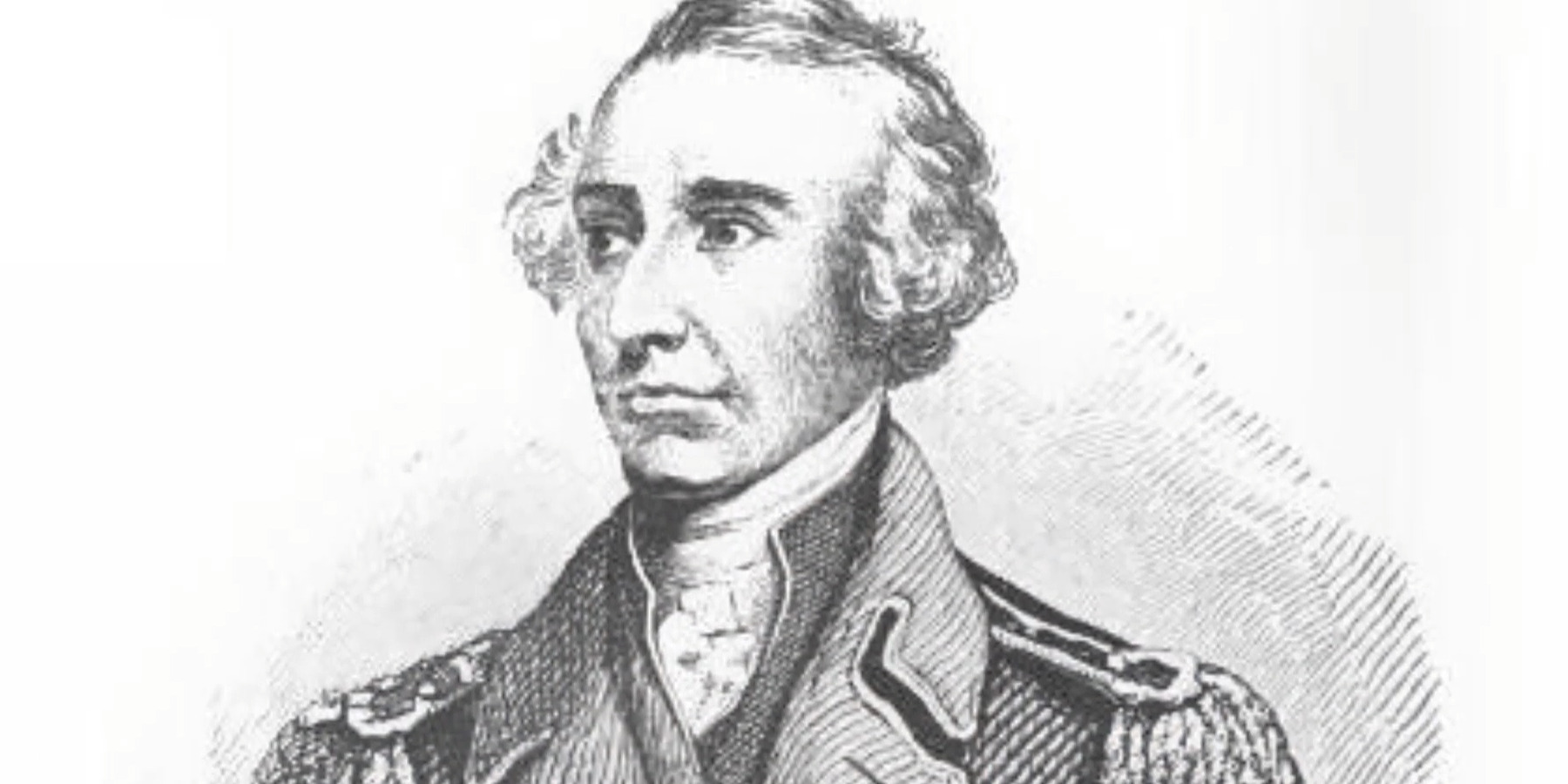
A conversation between an anonymous Sony Pictures source and The Guardian in the 2000s revealed that at the time of conception, ‘The Patriot’ was supposed to be a factual biography on Marion. Nevertheless, the filmmakers decided against the same once they realized the truth of the real-life militia leader’s history. Marion, known for leading militias into battle during the French and Indian War as well as the American Revolution, was also a slaveowner who reportedly abused and sexually assaulted his slaves. Furthermore, he also led a notoriously violent campaign against Cherokee Indians during his time in the war.
Therefore, since an attempt to cinematically adapt Marion’s life in a glorified light would have required glossing over such atrocities, the filmmakers decided against a biographical approach. As per Sony Pictures’ anonymous source, “They [the filmmakers] couldn’t go ahead once historians had given them chapter and verse on the Swamp Fox [Francis Marion], so they had to change his name.” Consequently, the final version of the film’s protagonist, Benjamin Martin, who made it onto the screen, retains some distance from Marion.
Marion and Benjamin: Similarities and Differences
Regardless of efforts to detach Benjamin Martin from Francis Marion, the two end up sharing enough elements in common that the former’s basis in the latter becomes difficult to ignore. Apart from their shared involvement in the French-Indian War and the American Revolution, both militia leaders were also distinguished by their guerilla style of warfare. Marion also sported a rivalry with Banastre Tarleton, a British Lieutenant Colonel, who is credited with christening the former with the nickname “Swamp Fox.” Similarly, in the film, William Tavington— a character inspired by Tarleton— remains responsible for bestowing the alias “The Ghost” upon Benjamin.
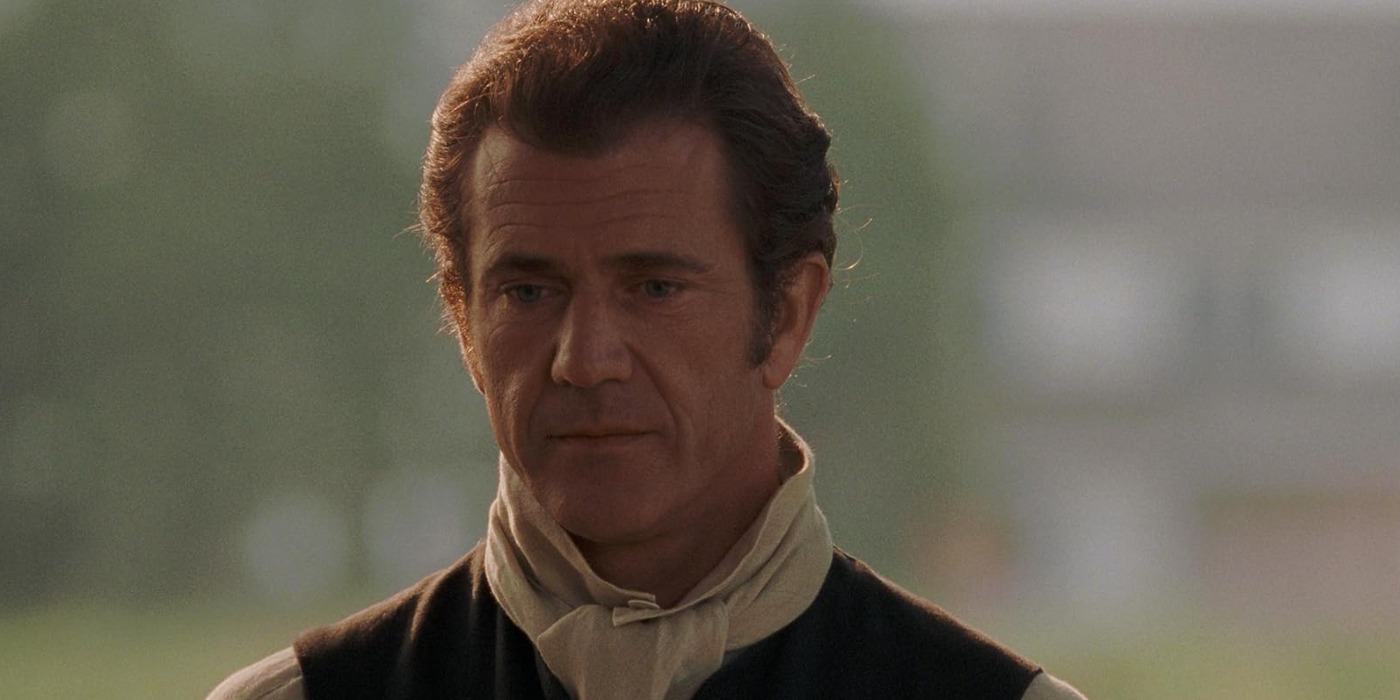
Likewise, Benjamin’s specific ties to South Carolina, the central location of his militaristic undertakings during the revolution, also seem to be a reference to Marion. In real life, the latter also focused his efforts on South Carolina and is said to have made the region “inhospitable” for the British. Thus, several disconnections persist between Benjamin and Marion— mainly in terms of the former’s employment of freed Black workers on his plantation and limited relation to the slaughter of the Indian population. Yet, the two remain inarguably interconnected.
Benjamin’s Connection to Other Military Leaders
Over the years, as Benjamin Martin’s character has garnered some criticism for his connection with Francis Marion, screenwriter Robert Rodat has clarified that ‘The Patriot’s’ protagonist is a composite character with relations to numerous historical figures. One notable instance where these other inspirations become evident emerges from the storyline revolving around the Battle of Cowpens, fought on January 17, 1781. In the film, this battle serves as the final conclusive conflict between the central characters as Benjamin leads his militia to fight alongside the Continental Army. Historically, Marion was neither a part of this battle nor did he have any influence on it.
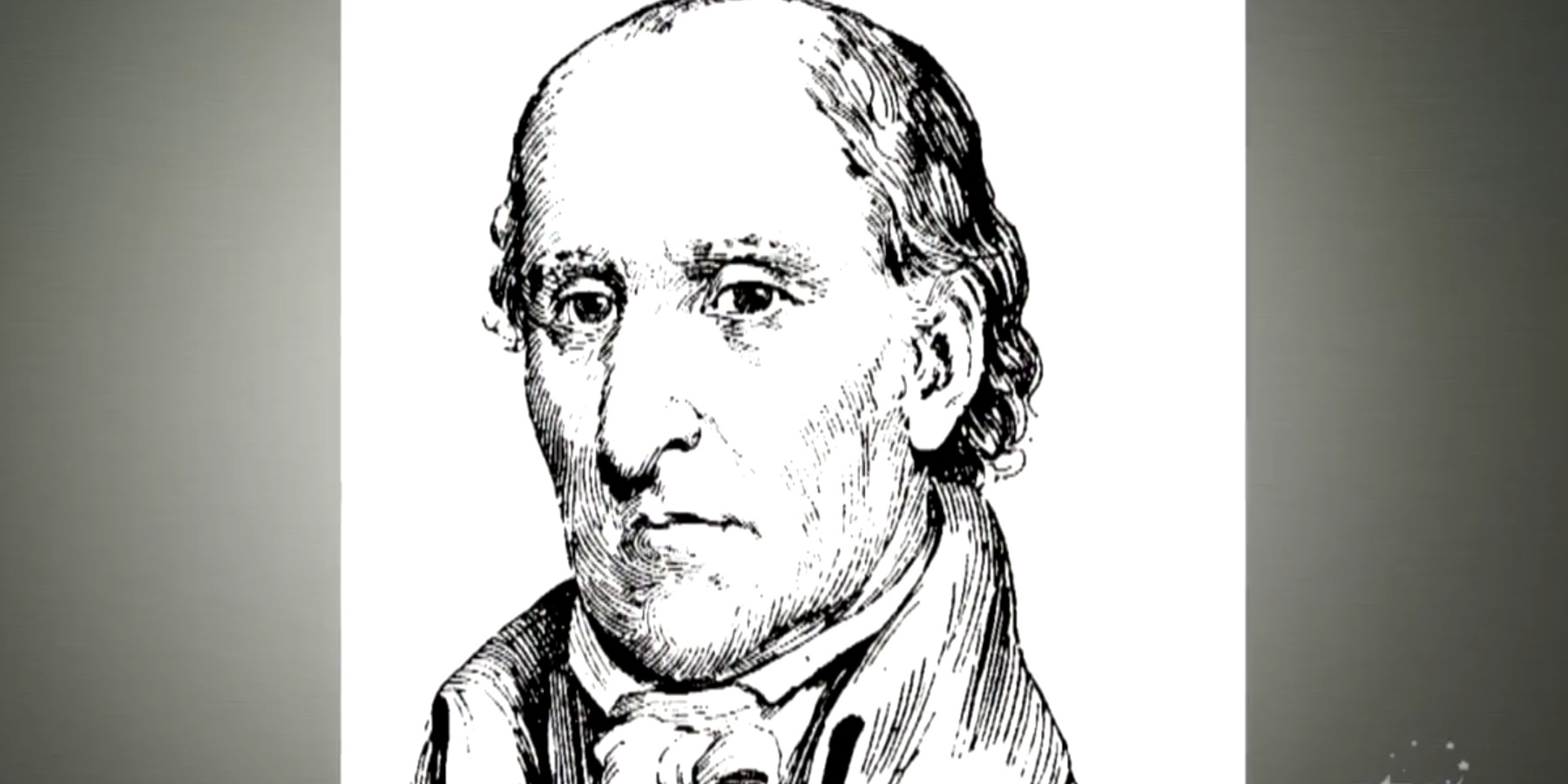
As such, real-life figures like Elijah Clarke, Daniel Morgan, Andrew Pickens, and Nathanael Greene become the inspiration tying Benjamin’s involvement in the battle to reality. For the most part, these military leaders’ association with the Battle of Cowpens— in varying degrees— remains the sole point of connection between them and the on-screen patriot. However, in unique cases, other similarities emerge.
For instance, Pickens was known for his large family of twelve kids, which is echoed in Benjamin’s clan of seven children. Alternatively, the events surrounding another historical militia leader, Thomas Sumter’s participation in the revolution, could have influenced Benjamin’s motives in the film. According to historical records, Tarleton’s raiders burned Sumter’s house, compelling him to target the British army. He caused such grievances against the British that General Charles Lord Cornwallis considered him a “great plague” of his.
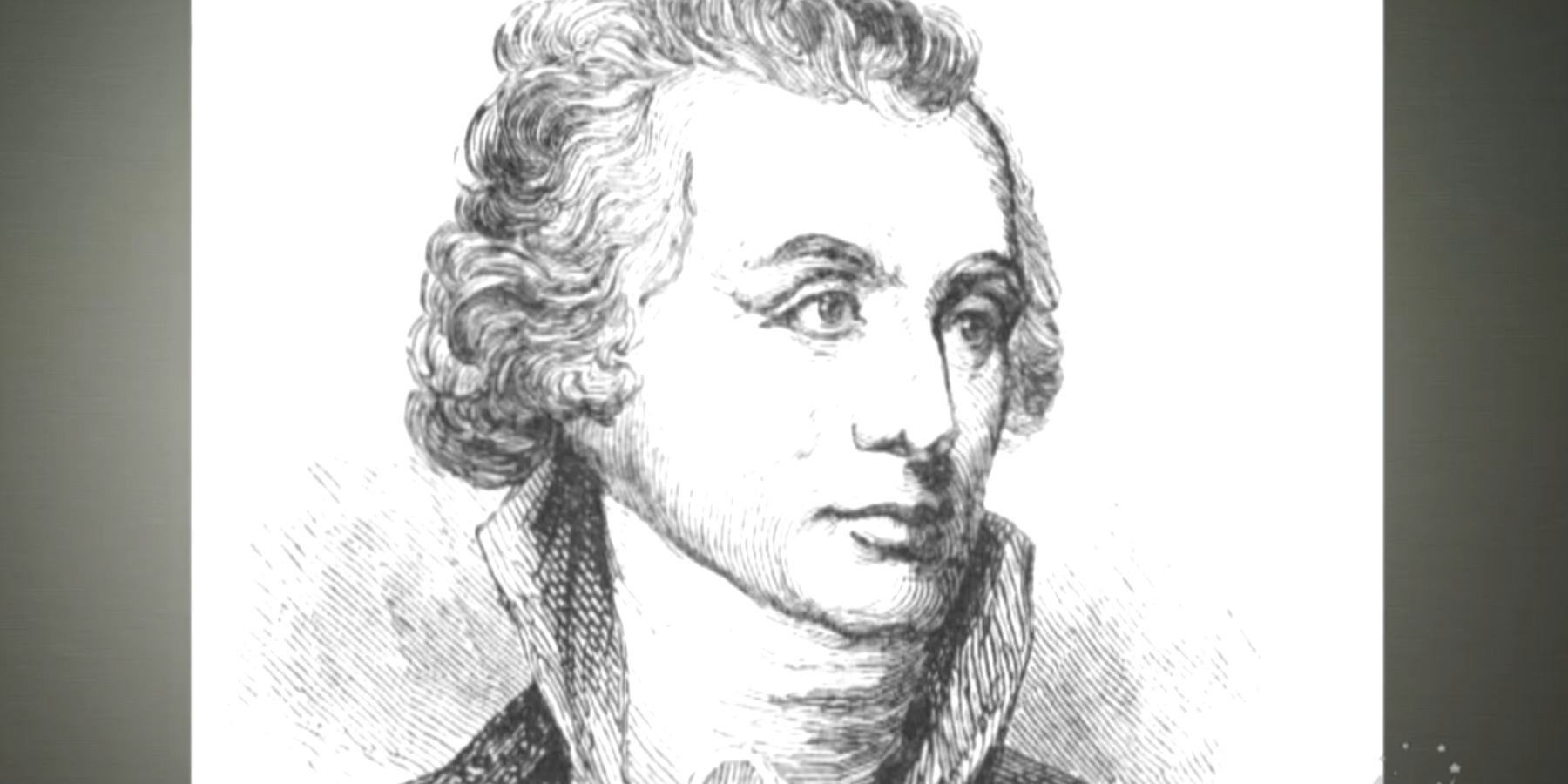
Consequently, even though Francis Marion retains a place of prominence in terms of real-life inspiration behind Benjamin Martin, one can also connect a few other militia leaders to the character. On the other hand, many beats that the film equips for its protagonist’s story remain entirely fictional, sporting no relation to the real-life leaders associated with the character. For the same reason, despite his inherent fictionality, he retains a significant connection to actual history and emulates notable figures from the American Revolutionary War. Ultimately, a composite character, Benjamin shares notable roots in real-life historical figures.
Read More: The Patriot: Is Gabriel Martin Based on a Real Continental Army Soldier?

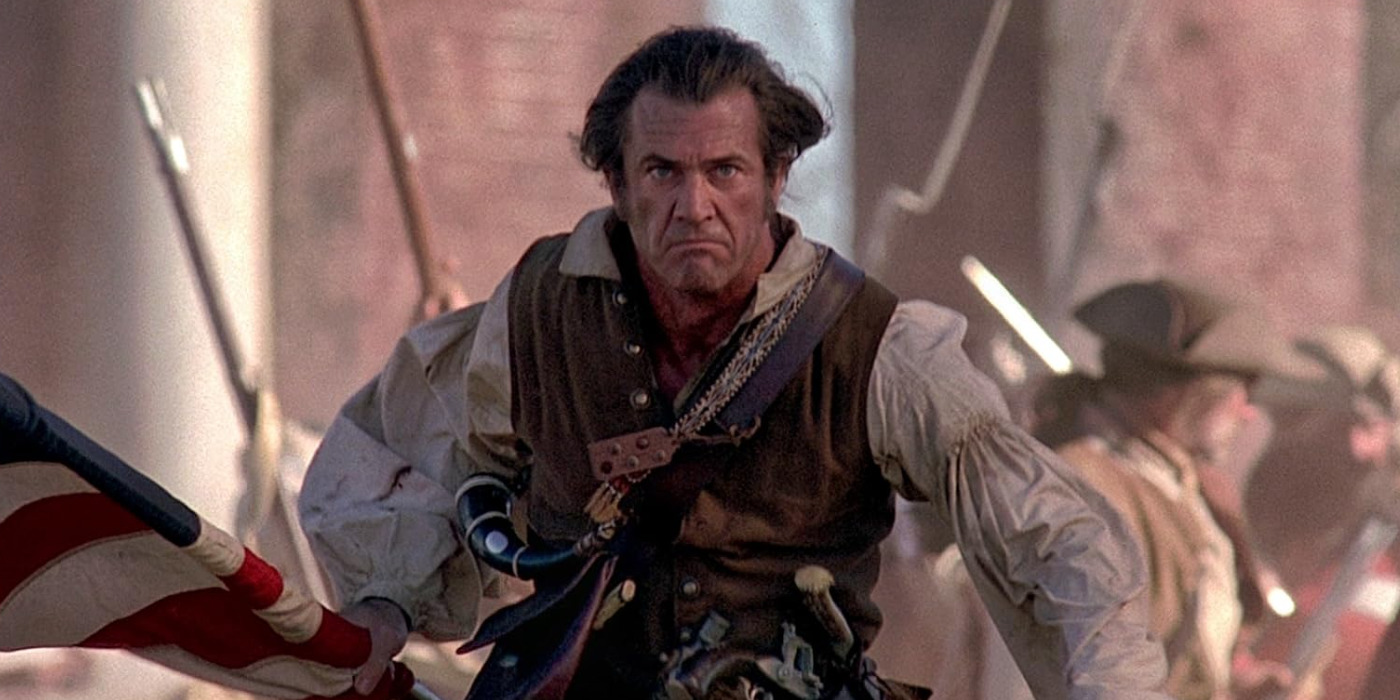
You must be logged in to post a comment.